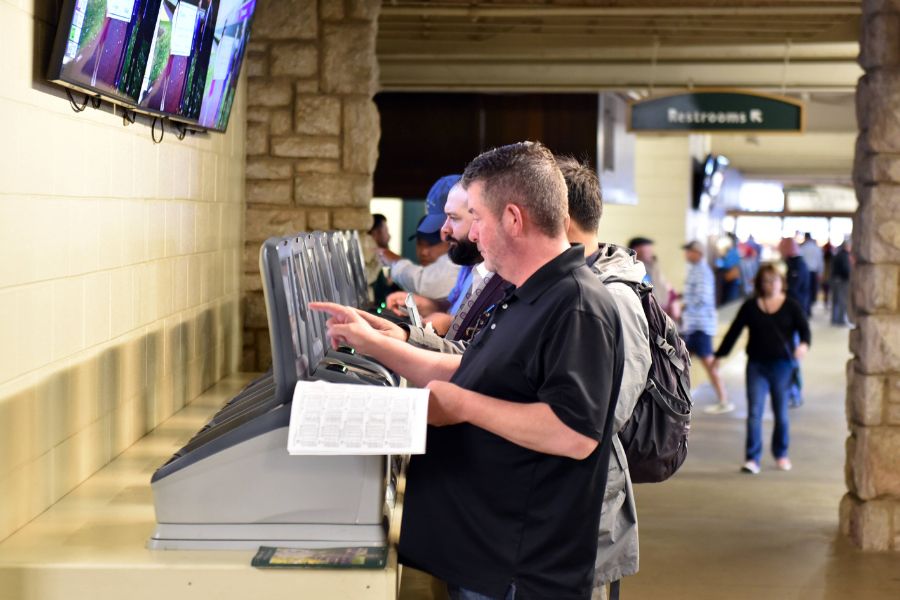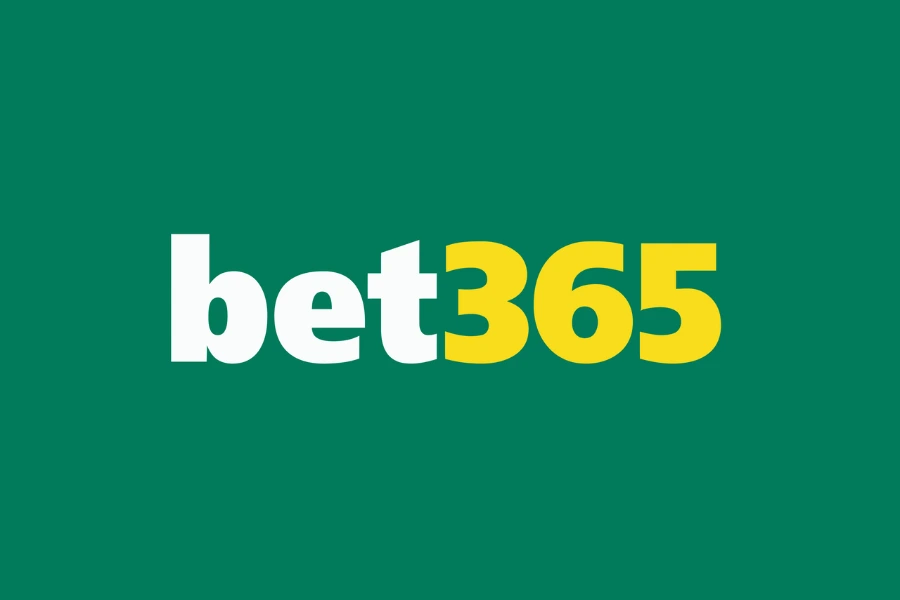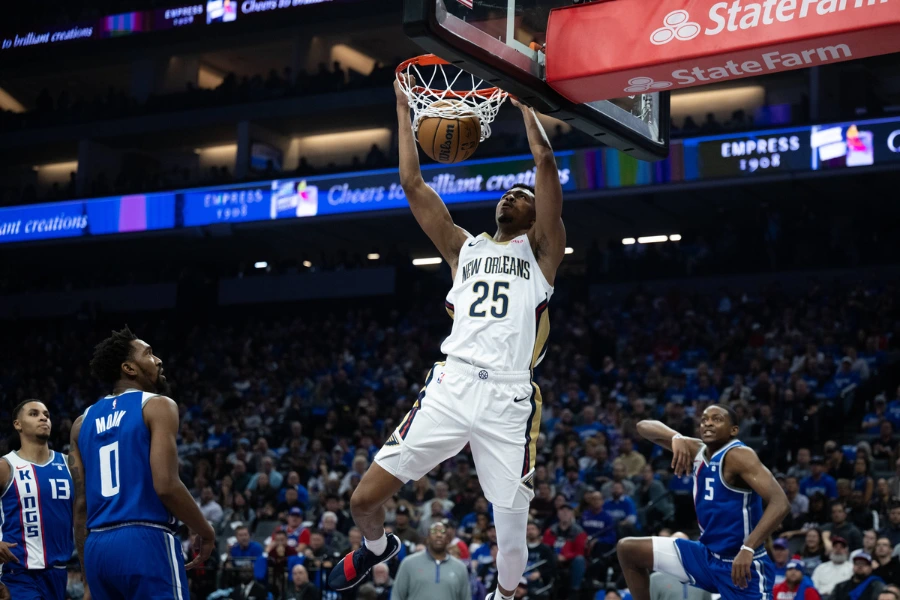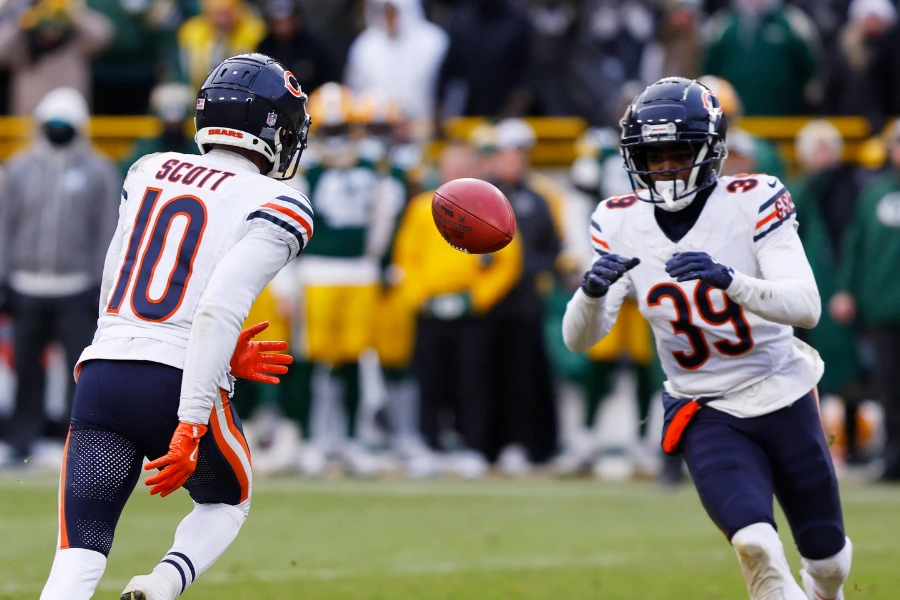In a USA Today op-ed, Miller said the discussion is critical as the NBA Finals between the Denver Nuggets and the Miami Heat progresses. Americans are expected to wager at least millions of dollars on the games’ outcomes.
“Even before the Supreme Court ruling, illegal sports betting was a $150 billion annual market,” Miller said.
According to research conducted by the AGA, 85 percent of American adults support the U.S. Supreme Court’s decision to overturn the federal ban on sports betting in 2018. With the power given to individual states to legalize the activity, numerous states have embraced legal sports betting and established thriving markets.
After the ruling, 33 states and Washington D.C. have firmly advocated for the benefits of legalizing and regulating sports betting compared to illegal markets. However, some argue that the court’s ruling has led to a surge in problem gambling as sports betting expands rapidly.
Solutions for problem gambling
As legal sports betting expands, the illegal betting market seems to decrease in size. The illegal market, which previously accounted for $150 billion in bets, reduced to $64 billion in the past year.
States allocate funds for problem gambling services, totaling $94 million in 2021, primarily from casino gaming taxes as well as from revenue generated from sports betting.
While acknowledging the positive impact of rising tax revenues and players transitioning to regulated legal markets, Miller asserted that further efforts are needed by allocating additional funding specifically for promoting responsible gaming education and addressing problem gambling.
“The money is there. Sports betting has generated $3 billion in taxes for state governments since 2018. Yet some jurisdictions are diverting resources intended to fight problem gambling,” Miller said.
Miller also noted that states must ensure help for problem gambling is always accessible. On top of listing state-specific hotlines, state regulators should authorize advertisers to promote a unified, nationwide hotline.
He also urged all stakeholders to embrace change and adjust to the fast-paced expansion of the sports betting industry. AGA, for example, has formulated the Responsible Marketing Code for Sports Wagering.
The updated code includes measures such as prohibiting advertising on college campuses, college partnerships promoting sports wagering, banning “risk-free” betting advertisements, and restricting name, image, and likeness (NIL) agreements with college athletes.
“Every AGA member agrees to adhere to the code, and we believe every business operating in the United States should meet the high standard it sets,” Miller said.
Education programs for young adults
Adults are not the only ones who can struggle with problem gambling. Legal sports betting operators have implemented some measures to keep underage minors from gambling, but teenagers can easily circumvent these betting restrictions.
The National Council on Problem Gambling reveals 60 to 80 percent of high school students have engaged in gambling for money within the past year. Approximately four to six percent of these students are at risk of developing gambling-related issues. In response to this report, a few states are beginning to introduce gambling education in public schools.
These programs aim to educate teenagers about the potential risks and consequences associated with betting, emphasizing how quickly things can go wrong when wagering. The initiative is still in its early stages and the specific content of the educational program is yet to be finalized.
Virginia is one state that implemented a regulation last year mandating gambling education in schools. The state Board of Education is currently developing the curriculum, awaiting approval from the government before the implementation of the lessons.
Proposals for similar classes have emerged in states such as New Jersey and Michigan legislatures. Although Maryland and West Virginia experienced setbacks with similar legislation in the past, there are plans to reintroduce them.






